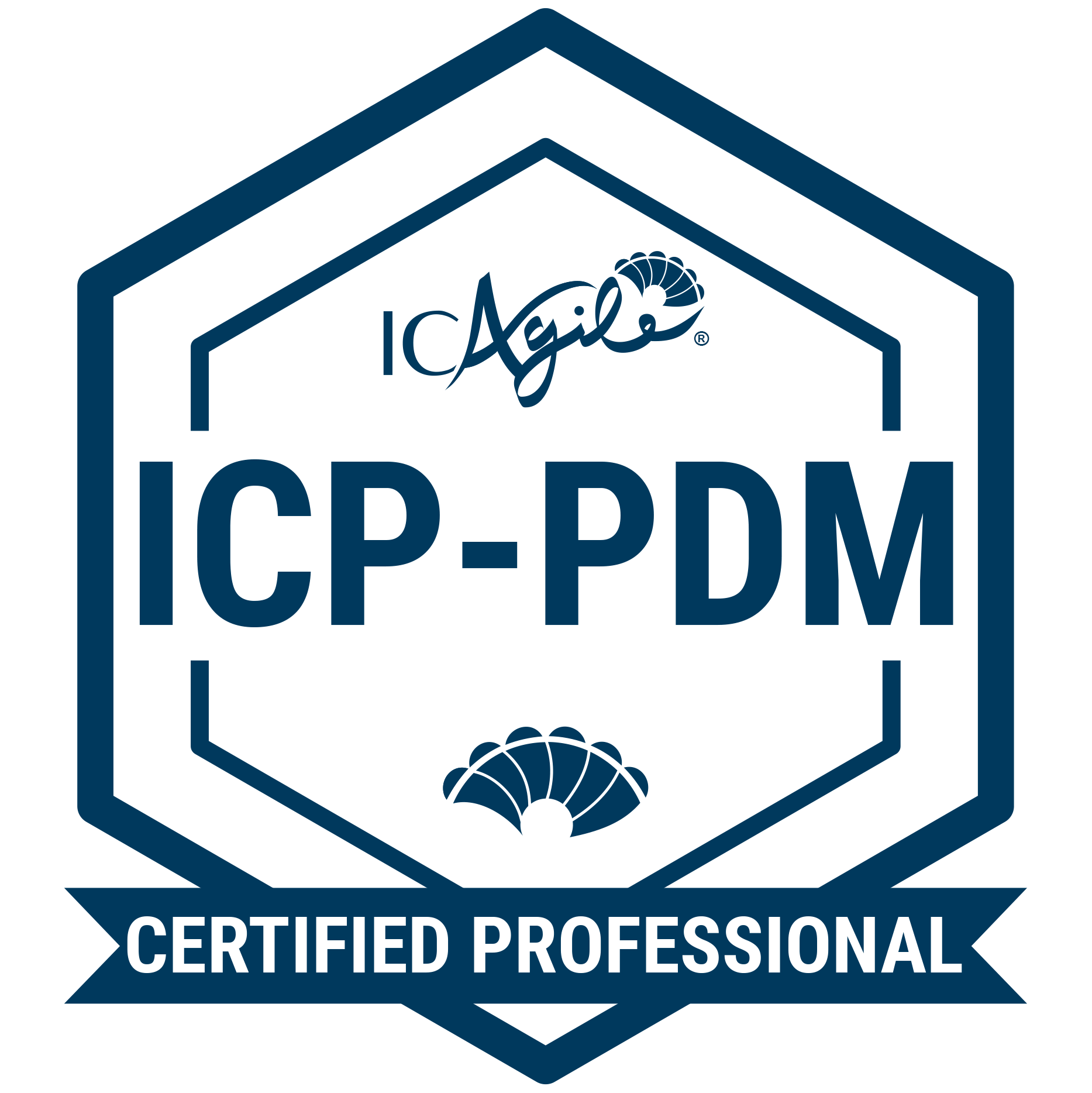Scrum events, often referred to as ceremonies, are structured meetings that help teams implement the Scrum framework effectively. These events are designed to foster communication, ensure transparency, and promote continuous improvement.
1. Sprint Planning
-
Purpose: Define the work to be done during the upcoming Sprint.
-
Participants: Entire Scrum Team (Product Owner, Scrum Master, and Developers).
-
Key Activities:
-
Product Owner presents the most important backlog items.
-
Developers select items they can commit to delivering.
-
Team creates a Sprint Goal to provide focus.
2. Daily Scrum
-
Purpose: Synchronize team activities and plan the next 24 hours.
-
Duration: 15 minutes.
-
Participants: Developers, though the Scrum Master and Product Owner can attend.
-
Key Questions:
-
What did I do yesterday?
-
What will I do today?
-
Are there any impediments?
3. Sprint Review
-
Purpose: Inspect the work done and adapt the product backlog if needed.
-
Participants: Scrum Team and stakeholders.
-
Key Activities:
-
Team demonstrates the completed work.
-
Product Owner discusses the product backlog as it stands.
-
Stakeholders provide feedback and suggestions.
Join the Agile Revolution!
Enhance your understanding of Scrum events and become a certified professional. Start your certification journey with us!
Let’s get started today!4. Sprint Retrospective
-
Purpose: Reflect on the Sprint and identify areas for improvement.
-
Participants: Entire Scrum Team.
-
Key Activities:
-
Discuss what went well.
-
Identify what could be improved.
-
Create action items for future Sprints.
5. The Sprint
-
Purpose: The container event for all other Scrum events.
-
Duration: Usually 2 to 4 weeks.
-
Key Activities:
-
Execute the work planned during Sprint Planning.
-
Daily Scrums, Sprint Review, and Retrospective occur within the Sprint.
-
The Sprint ends with a potentially shippable product increment.
Conclusion
Scrum events are essential to the successful implementation of the Scrum framework. They ensure that teams remain aligned, focused, and committed to continuous improvement, ultimately leading to more effective and predictable delivery of value.



























































































